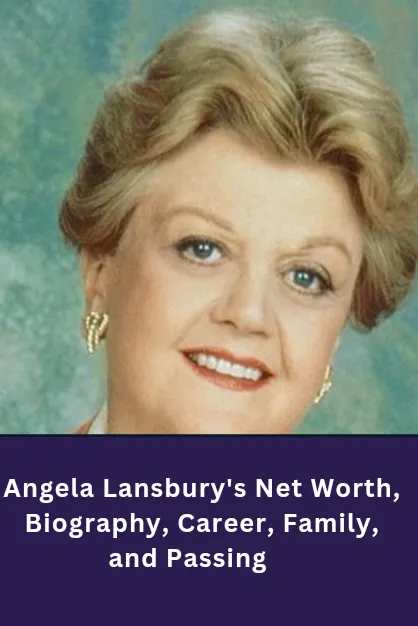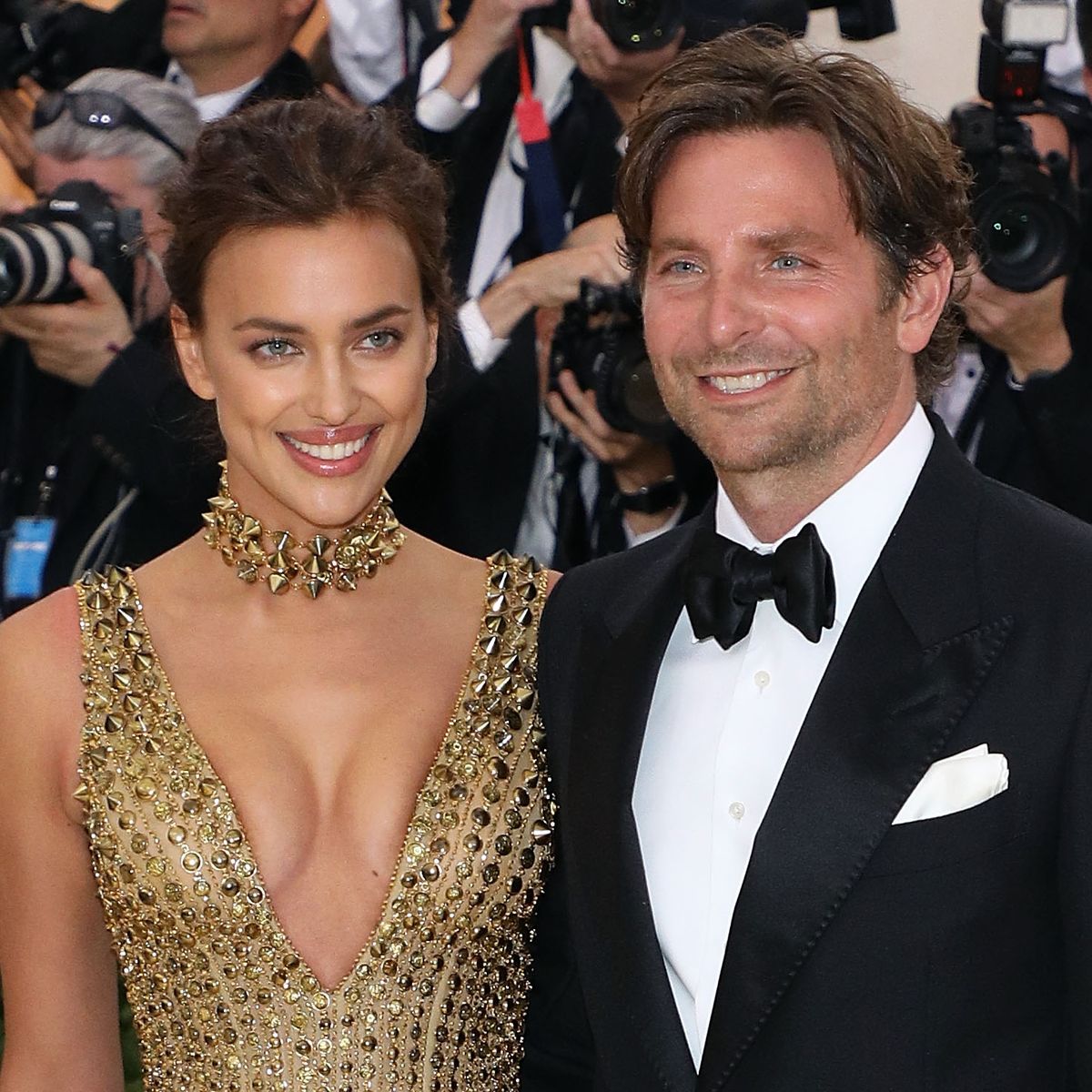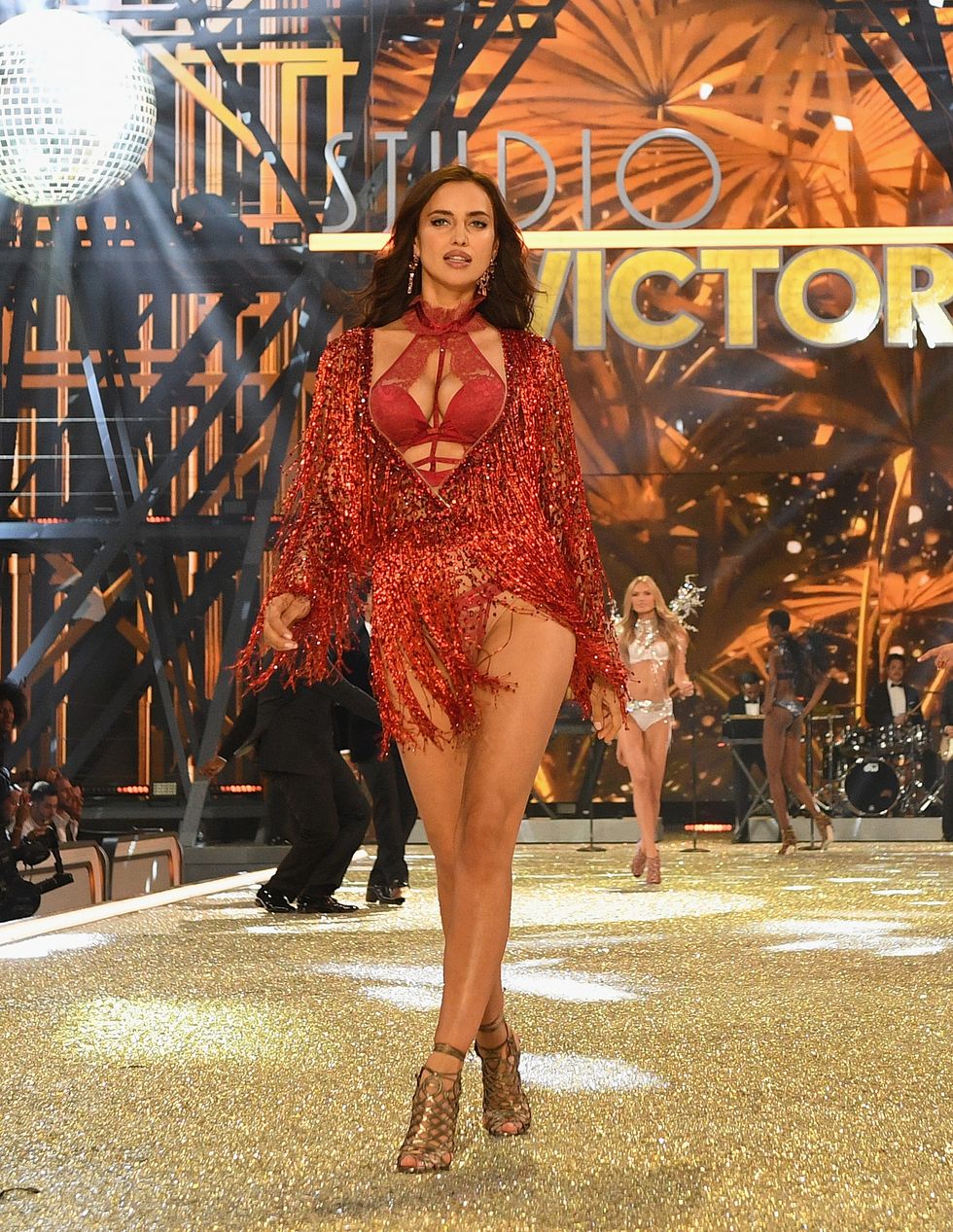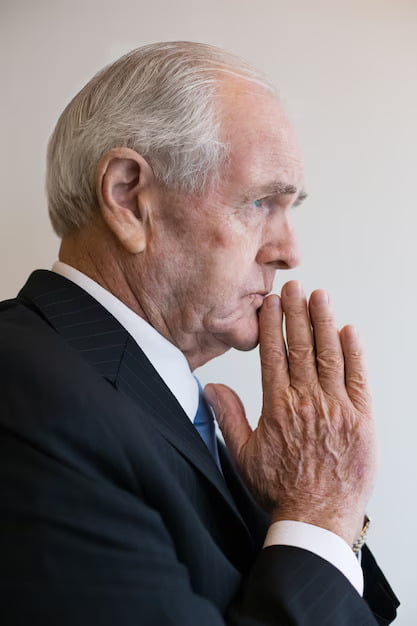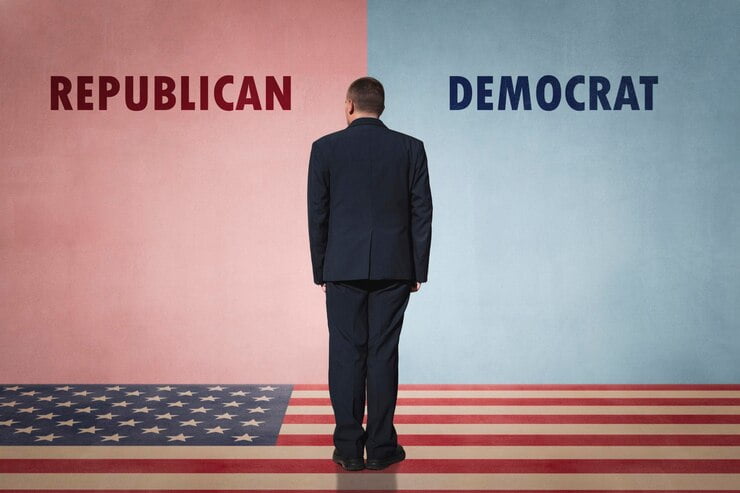
Full GOP Debate Last Night: Key Highlights and Candidates Vying to Seize the Spotlight From Trump
Former President Donald J. Trump’s absence from the Milwaukee stage puts the spotlight on his rivals who aim to establish themselves as alternatives. Despite his absence, eight candidates took the stage for the first Republican debate. This unique scenario led contenders to debate among themselves in the absence of the commanding front-runner.
For Mr. Trump’s rivals, this debate offered a substantial audience, providing their first opportunity not only to make an impression but also to transform the race into a genuine competition. Senator Mitt Romney, a prominent Republican Trump opponent, advised focusing on the top contender rather than each other, advocating to “punch up.”
Even though viral moments may arise, they could be overshadowed by Trump-related news. The debate’s significance persists, as the eight candidates strive to offer Republican voters an alternative, potentially shaping the 2024 primary into a true contest.
In the debate, the extent of Trump’s presence, even in his absence, is evident. A considerable portion of the discourse is likely to center around Mr. Trump, including his criminal indictments, questions about the 2020 election, and his responsibility for the Capitol attack on January 6. Although candidates have frequently addressed these topics, the debate allows for follow-up questions, which could lead to potential missteps.
Mr. Trump remains impactful through his plans to release a recorded interview with Tucker Carlson to compete with the debate’s attention. Furthermore, his surrender to authorities in Atlanta for election interference charges could dominate the news cycle and diminish any advantage his rivals hoped to gain from the debate.
Governor Ron DeSantis of Florida faces a significant challenge during this debate. While viewed as Mr. Trump’s strongest challenger, DeSantis has endured negative press, campaign changes, and falling poll numbers. The debate presents an opportunity to change the narrative, yet this strategy became complex with the release of documents and a strategy memo outlining tactics for deflecting attacks. These documents emerged from a firm associated with a super PAC involved in DeSantis’s campaign, putting him in a difficult position.
Mike Pence, the former vice president, aims to reshape his polling numbers by contrasting his stances with the other candidates’. He needs to address his role in certifying the 2020 election, an issue that has drawn criticism from Trump supporters.
Entrepreneur Vivek Ramaswamy, aiming to appeal to Trump supporters, has taken bold stances and a “America First” agenda that surpasses Trump’s in his bid to be a next-generation Trump. He prepares for the debate informally, holding policy conversations as he travels, presenting an opportunity to match his assertive claims.
Policy differences, particularly on abortion rights and support for Ukraine, will shape the debate. The Ukraine issue exposes divisions between foreign policy hawks and anti-interventionists, while abortion rights remain a contentious topic.
Chris Christie, an experienced debater, could target those aligned with Trumpism, even if they oppose Trump himself. He may focus on DeSantis and his claims of electability.
Senator Tim Scott, known for his upbeat message, hopes to gain momentum from this debate. Yet, he remains in single digits in polls, prompting questions about whether his positive message can break through in a debate dominated by Trump and past election issues.
Nikki Haley, the former U.N. ambassador, aims to capture attention despite low poll numbers. The debate could signal a pivotal moment as voters start engaging with the primary race.
Lower-tier candidates like Gov. Doug Burgum of North Dakota and former Gov. Asa Hutchinson of Arkansas seek to introduce themselves to voters. The debate presents a chance for them to make their pitch, potentially altering their trajectory in the race.
Short Summary:
The Republican debate featured eight candidates, missing Donald J. Trump, the front-runner. Rivals seized the opportunity to distinguish themselves, aiming to engage voters and challenge Trump’s lead. Despite Trump’s absence, his presence was felt through planned events and news releases. The debate allowed candidates to position themselves as alternatives, potentially shaping the course of the primary race.
Full GOP debate
House Republican Conference
Last night’s debate
Recent debate highlights
Debate recap
Latest debate analysis



